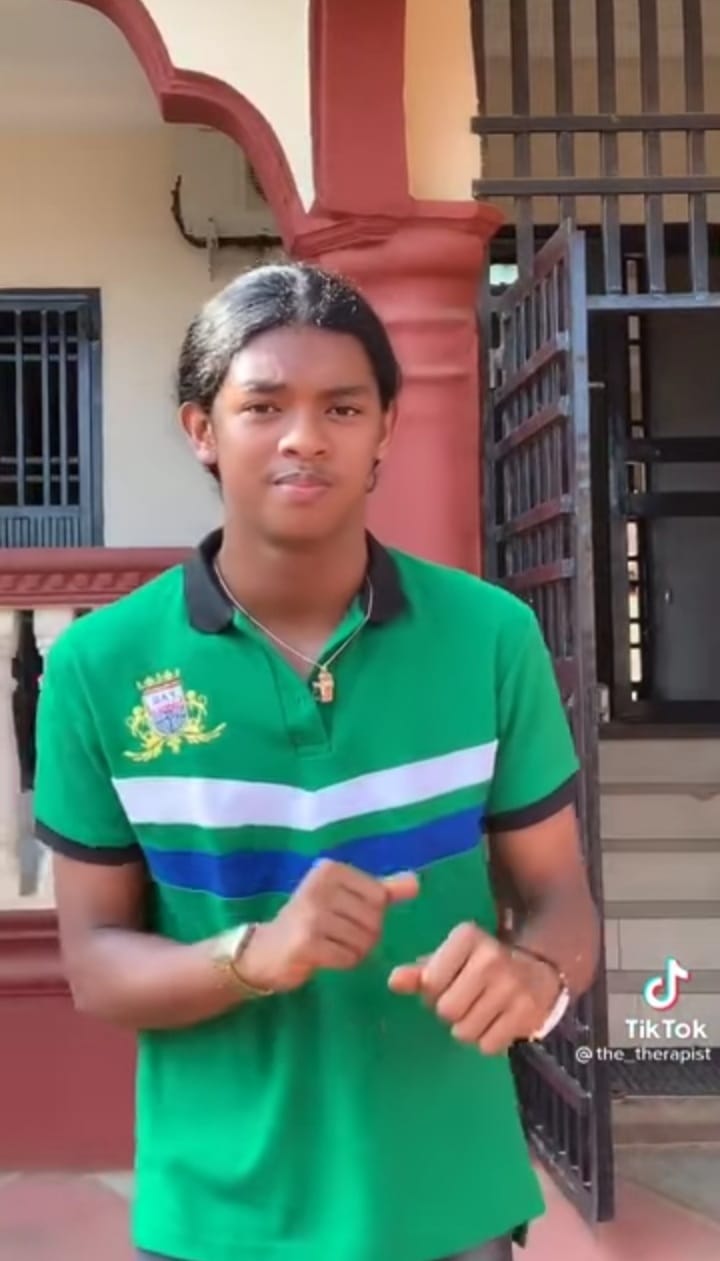Fatmata Binta Becomes The First Sierra Leonean and African woman To Win €100,000 Basque World Culinary Prize Award
Sierra Leonean Fulani chef, Fatmata Binta has been named the recipient of the seventh annual Basque World Culinary Prize, taking home €100,000 Basque World Culinary Prize Award. The award is dedicated to chefs who have created positive change through gastronomy. She is the first Sierra Leonean and African to win the award in its history. Fatmata Binta will receive the sum of €100,000 as prize money.
This year’s award to chef Fatmata Binta focuses on Africa and that it is possible to grow through cooking, the circular economy, culinary knowledge and the preservation of the traditions of a community where the use of these is key. With this, she sends the message to the world that sustainability must be the norm and not something exceptional, based on common sense, reinforcing female empowerment, and the matriarchal base of these communities – Joan Roca, President of the Jury of the Basque Culinary World Prize.
Chef Fatmata Binta Bah was awarded the Basque World Culinary Prize also known as the Noble Prize of Gastronomy for her work in exploring the cuisine of the West African diaspora through her innovative ‘Dine on a Mat’ pop-up initiative, a modern nomadic concept that she launched in 2018. As heir to the cultural and culinary traditions of the Fulani people, one of the largest nomadic tribes in West Africa, chef Binta uses the dinners to showcase the Fulani’s nomadic cuisine while sharing ancestral techniques through conversation and stories.
Through the interactive dinner experiences, which Binta has offered across three continents, the chef also raises funds for community projects, including the Fulani Kitchen Foundation – a foundation she started to help empower Fulani women and girls by meeting their social, educational, community and economic needs as well as transform ingredients like fonio into sources of income, economic autonomy, food security and employability for these rural communities. More than 300 families from 12 communities as well as 4 regions of Ghana currently benefit from the Fulani Kitchen Foundation initiative.
I want to thank Basque Culinary World Prize for this award. This is such an honour not just for me but for all of the women that will be empowered and inspired to reach their highest potential and this will also shed light on the challenges but most importantly bring about solutions for women. Thank you for contributing towards a solution that will bring about change for a better community and a better world. We can no longer afford to deny the full potential of women. The world needs to tap into the talent and wisdom of women. Whether the issue is food security, economic recovery or peace, the participation of women is needed now more than ever! – Chef Fatmata Binta.
An immersive dining experience in Fulani eating customs and interactions with food has been made available on three continents by the nomadic restaurant Dine on a Mat. By launching this pop-up kitchen project in 2018, BCWP 2022 winner Fatmata Binta aims to shed focus on traditional practices, such as exchanging grains, spices, and most importantly, tales and conversations.
According to the organization’s website information, The Basque Culinary World Prize was created to celebrate this evolution: to highlight the diversity and scope of this phenomenon in which gastronomy has come to be a powerful force for change, to underline a movement inspired by game-changers such as Dan Barber, Rene Redzepi, Jamie Oliver, Alice Waters and José Andrés, amongst others, who have for decades worked to take gastronomy farther, having a positive impact on society.
This prize celebrates a chef of any nationality who demonstrates how gastronomy can have a positive impact in fields such as culinary innovation, health, nutrition, education, the environment, the food industry, and social or economic development, among others.
Past winners of the Basque Culinary World Prize are José Andrés (2020), Anthony Myint (2019), Jock Zonfrillo (2018), Leonor Espinosa (2017), and Maria Fernanda Di Giacobbe.
Source The African Dream








